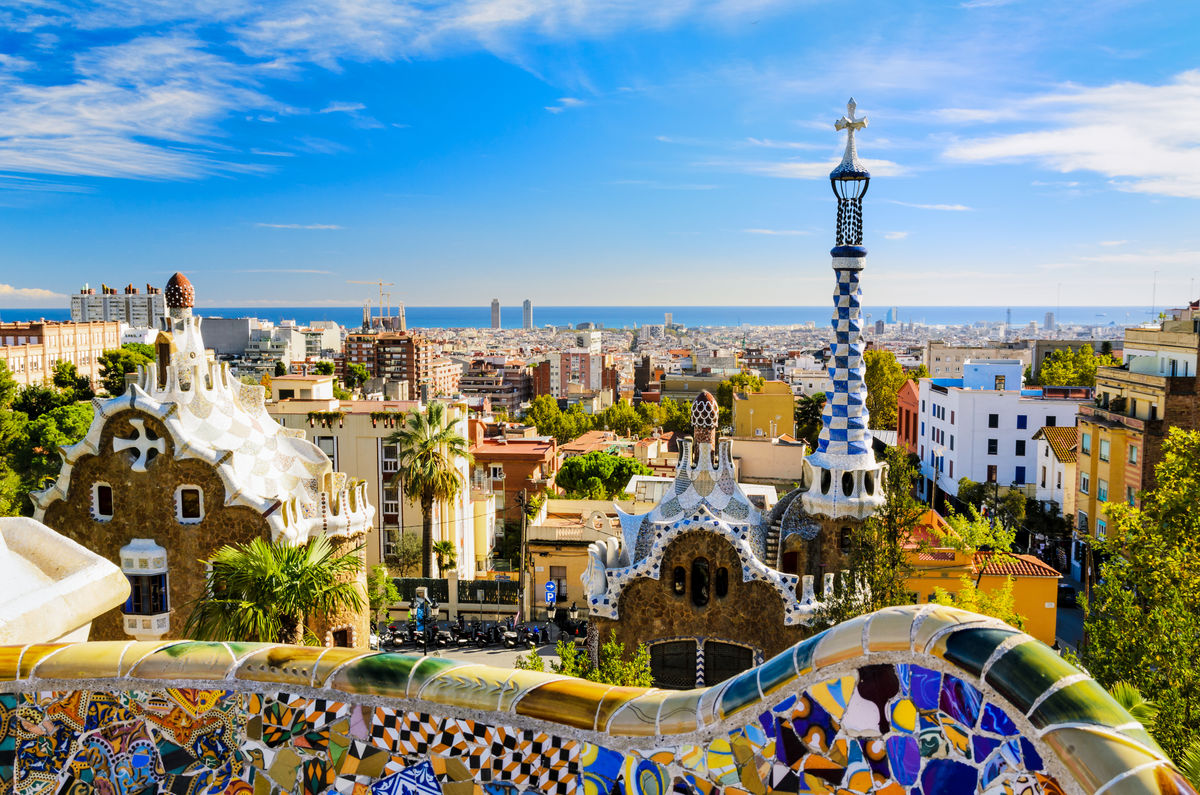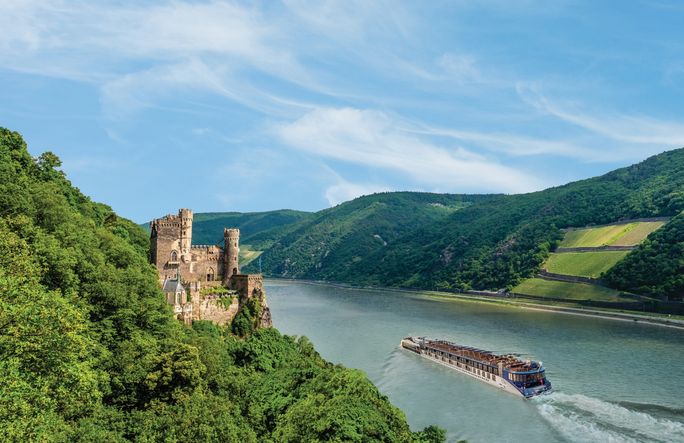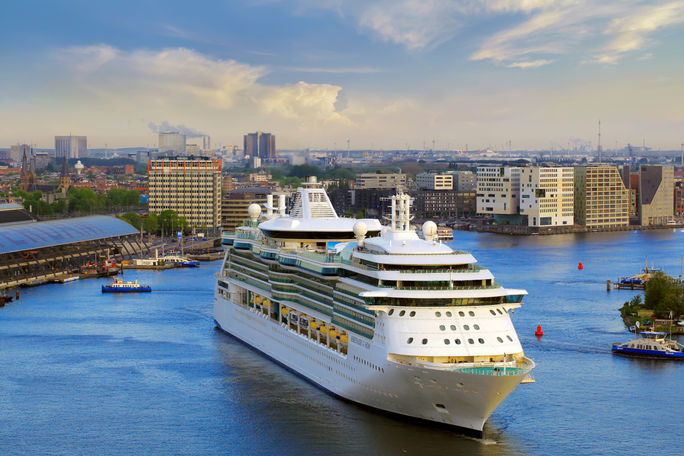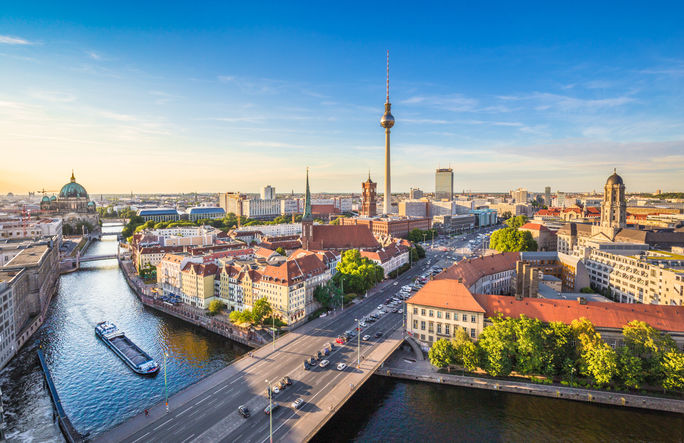


From stories involving infrastructure and mass protests to the continued success of a particular style of European travel, July was full of travel headlines from across the Atlantic. If you missed any of them, read below to get all caught up and be sure to register for the TravelPulse newsletter to keep up to date with the latest European travel news all summer long.
Some residents of Spain have been discontented with the tourism situation in their country for a while now, but things have spilled over during the summer of 2024. Demonstrations protesting the negative effects of tourism have taken place all over Spain, with things escalating earlier this month when activists in Barcelona sprayed travelers with water. Videos of diners on outdoor terraces rushing to avoid the water went viral, bringing the discussion about tourism and its place in the city to the forefront.

AmaWaterways River Cruise along the Rhine River Gorge. (photo via AmaWaterways) (Photo Credit: (photo via AmaWaterways))
Travel Weekly reported that cruises on the Rhine and Douro Valley are hot this summer, with Tauck saying its European river cruise sales are up 13% year to date. In addition, numerous river cruise lines identified the Rhine River as the number one seller. Portugal’s Douro Valley has also been extremely popular with Rudi Schreiner, AmaWaterways president and co-founder, saying that Douro sales have been “out of control.”

Travelers who volunteer at the urban farm Øens Have can enjoy a free farm-to-table lunch with CopenPay. (Photo Credit: Lukas Bukoven)
The Danish capital has been at the forefront of green living, and now the city is asking travelers to get in on the action and is willing to pay them for their help. This month, TravelPulse reported that the city announced a scheme called CopenPay, a program that will reward people who explore the city by bike, volunteer at an urban farm or help clean up the city. Travelers who take part in CopenPay will be given free entry to museums or have the opportunity to take part in a complimentary travel experience.

Royal Caribbean’s Serenade of the Seas cruise ship heading to the Passenger Terminal Amsterdam, The Netherlands. (Photo Credit: Adobe Stock/NAN)
The Dutch capital has revealed some specifics in its quest to reduce cruise traffic at its port and traveler foot traffic in the city. Starting in 2026, the number of large, seagoing cruise ships allowed to dock in Amsterdam will be sliced from 190 to a maximum of 100 per year. In 2027, the ones that do dock will be required to use shore power exclusively, helping reduce emissions. River cruises will also be scaled back from 2,300 to 1,150 annually. By 2035, the city hopes to relocate the entire passenger cruise terminal to somewhere beyond the city limits.

Berlin, Germany (Photo Credit: Courtesy AdobeStock)
Deutsche Bahn, the state-owned rail carrier of Germany, has begun an extensive renovation program this month, leading to disrupted journeys for rail travelers to Germany and residents alike for at least the next six years. The plan is to upgrade 40 of its most essential rail routes by 2030, and each one under improvement will be closed for months at a time.

Crowds of tourists at the Acropolis in Athens, Greece (Photo Credit: Janeen Christoff)
It was reported this month that the mayor of Athens, Harris Doukas, said that visitors to the city are each contributing only “€0.40” to the local economy. This paltry number is what you get when the overall cost of tourism per person to the city (stress on infrastructure, housing, etc) is factored in. He went on to say that if the city is to justify the current level of tourism, then changes must be made to the current dynamic.

Flag bearing the official logo of the 2024 Paris Summer Olympic Games. (Photo Credit: Adobe Stock/kovop58)
Conventional wisdom would say that Paris would be a sought-after destination this summer, but not so according to news reported this month. People are flat-out avoiding Paris, with Delta Air Lines standing to lose the most as they dominate the non-stop flight market between France and the United States. “Unless you’re going to the Olympics, people aren’t going to Paris, very few are,” said Delta CEO Ed Bastian during an interview with CNBC.
On the eve of the Olympics kicking off in Paris, French rail service was thrown into disarray as saboteurs set fires at strategic junctures on the nation’s expansive rail network. The damage caused chaos, delays and cancellations in the lead-up to the opening ceremonies, causing travelers to scramble their plans to reach Paris.
For the latest travel news, updates and deals, subscribe to the daily TravelPulse newsletter.